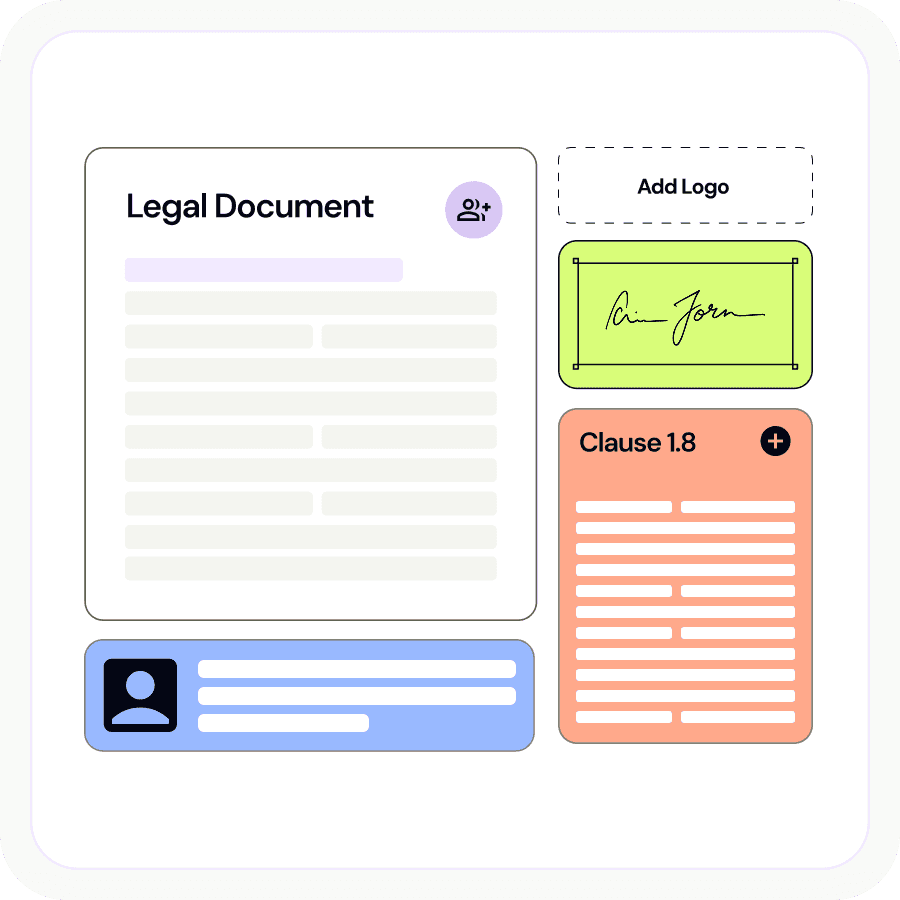Specifically in the construction industry in Australia, the use of a cost-plus contract is very popular. This is because they entail the buyer repaying all expenses, as well as paying a percentage of the profit. This is usually a percentage of the total contract price. The buyer assumes risks and the contractor can make more than a usual contract. On the surface, it may seem like the best contract, however there are some major drawbacks.
Key points of a cost-plus contract
- All expenses must be supported by proper documents.
- Some contracts limit the reimbursement amounts.
- These contracts are generally used when a good estimate of costs cannot be determined. This way the contractor feels comfortable that they will not loose any money.
- Very different to a contractor agreement or sub-contractor agreement, where all prices and time frames are specifically stated.
Pros
The biggest advantage is of course having all your expenses accounted for as well as receiving additional profit. This eliminates risk for you as the contractor, giving you the confidence that you will not loose any money on the job. This then allows both parties to focus on the quality of the work rather than the costs. This is because the contractor is less likely to cut costs and use cheaper alternatives to try and maximise their profits. When someone else is paying for the materials, there is no reason to hold back.
Cons
The main downside to a cost-plus contract is that the amount is never determined. The nature of the contract is very vague, and is still a very risky type of contract. Not knowing the final amount is difficult to thus accurately predict financial details. Although, if you have experience in the industry you should be able to form an educated guess.
Another major downside is that the job could potentially drag on for a long time. When the total amount can’t be determined, the time frame can’t either. You could end up making a lot of money from completing the job very quickly. But you could also be stuck trying to complete the job for much longer than you bargained for. The more ongoing it is, the most you risk loosing your profit margin.
If supporting documentation for expenses are not accurate or have any errors, the purchase could refuse you payment.
When to use a cost-plus contract?
If you have an upcoming job where you are not able to determine the total amount, and buyer cannot either, you should consider this type of contract. The cost-plus contract will help cover your costs, however the buyer may be weary as they will assume all the risks. For this reason, it is ideal to have a good relationship with them first so they also feel confident that you will do well by them.
A well drafted cost-plus contract that protects both you and the buyer will also help put their worries at ease. Having a lawyer create one or review one will help ensure this balance.
Conclusion
Overall, a cost-plus contract is beneficial for you as a contractor to protect your interests and eliminate your risks. There are major downfalls to this type of contract, as with any contract. However, if you keep well detailed records and make sure you file everything properly, you can also eliminate legal consequences and maximise your profits.






